On Nikkei
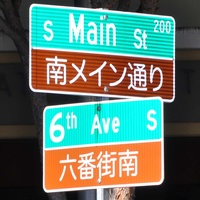
What is Nikkei? Ryusuke Kawai, a non-fiction writer who translated "No-No Boy," covers a variety of topics related to Nikkei, including people, history, books, movies, and music, focusing on his own involvement with Nikkei.
Stories from this series
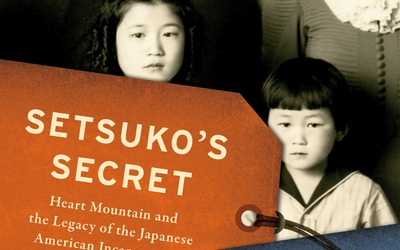
Part 31 (Part 2): Interview with Nakahiro Iwata, translator of "Setsuko's Secret"
June 24, 2023 • Ryusuke Kawai
Read the first part >> The journey to publishing in Japanese --How did the Japanese version come to be, and why was it published by E-Compress? It seems that E-Compress is not a company that has worked on this type of book much. Iwata: When Shirley published the original book, without my knowledge, people who had much deeper ties to the Higuchi family than I did, including Shirley and her mother, Setsuko, who is the protagonist, were working to publish …
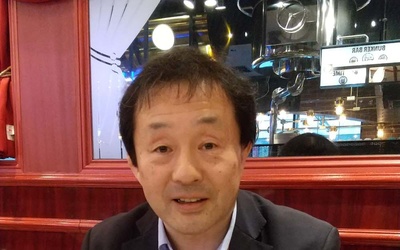
Part 31 (first half): Interview with Nakahiro Iwata, translator of "Setsuko's Secret"
June 23, 2023 • Ryusuke Kawai
The recently published Japanese translation of "Setsuko's Secret: Heart Mountain and the Legacy of Japanese American Internment" (Shirley Ann Higuchi, Ecom Press) is a powerful work in which the third-generation Japanese-American author vividly describes her own family history while tracing the issue of the internment of Japanese-Americans during the war. The translator is Nakahiro Iwata, a reporter for the Tokyo Shimbun newspaper and a visiting researcher at Josai International University. We spoke to Iwata about how he came to translate …
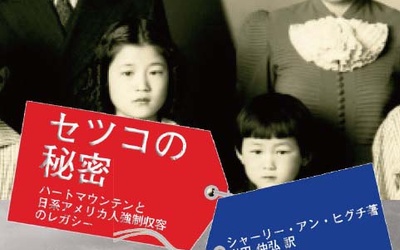
Episode 30: "Setsuko's Secret" - Memories of Internment
June 9, 2023 • Ryusuke Kawai
Another book has been published in Japan that conveys the gravity of the fact that Japanese Americans were segregated for national security reasons during the US-Japan war. Many books about the forced internment, or segregation, have been published in both Japan and the US, but the recently published Japanese translation, "Setsuko's Secret: Heart Mountain and the Legacy of Japanese American Internment" (Shirley Ann Higuchi, translated by Iwata Nakahiro, Ecompress), is a well-written book that tells the history and feelings of …
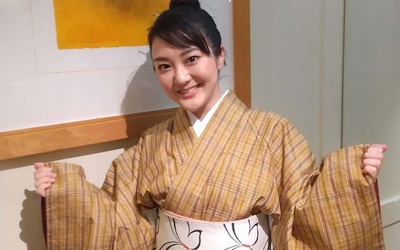
No. 29 Rakugo in Three Languages ~ Japanese-American Female Rakugo Artist Ramuone
May 26, 2023 • Ryusuke Kawai
Vibrant Although there are not many attempts to perform rakugo in English, it seems to have become established by Japanese and foreigners alike. However, Ramune (29) is probably the only female rakugo performer who can perform rakugo in Japanese, English and Portuguese. Ramune, a Japanese-Brazilian rakugo performer who has recently been featured frequently in the media, has a second-generation Japanese-Brazilian father and a third-generation Japanese-Brazilian mother. Ramune, whose Japanese name is Mogi Ayane and Brazilian name is Bruna, has been …
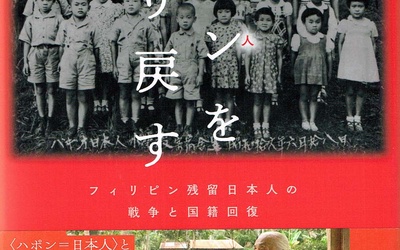
No. 28: The Identity of Japanese Nationality
May 12, 2023 • Ryusuke Kawai
Japanese people remaining in the Philippines file lawsuit What is the definition of "Japanese-American"? According to the dictionary (Daijirin), it is "something that has Japanese descent or a person." Similarly, the definition of "Japanese-American" can be thought of as someone who has Japanese descent (bloodline, blood ties). According to this, Japanese people would also be considered Nikkei-jin, but this is not generally the case. This is because they have no other bloodline. In general, when we say Nikkei-jin, we are …
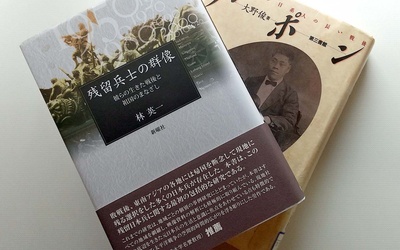
No. 27: Remaining Japanese and Japanese Americans
April 28, 2023 • Ryusuke Kawai
Traces of the war still remain Last January, a book titled "Portraits of the Remaining Soldiers: Their Postwar Lives and the Gaze of Their Homeland" (by Eiichi Hayashi, Shinyosha) was published. Hayashi, whose previous works include "The Truth about the Remaining Japanese Soldiers" (Sakuhinsha), is a highly regarded scholar who has studied the social history of the remaining Japanese soldiers in Indonesia. The term "remaining soldiers" refers to Japanese soldiers who, for one reason or another, did not return to …


